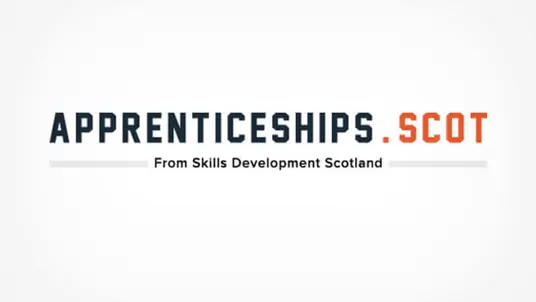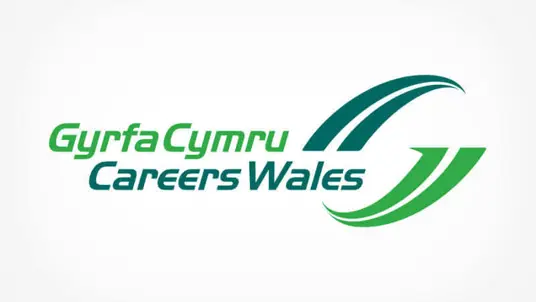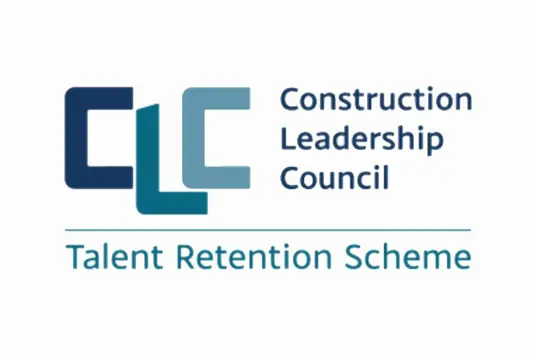How to become a site manager
There are several routes to becoming a site manager. You could do a university course, an apprenticeship, or apply directly to an employer.
You should explore these routes to find out which is the right one for you. If you already work within the construction industry, you may be able to become a site manager by completing some part-time courses.
You may need a Construction Skills Certification Scheme (CSCS) card to work on a construction site.
University
You could do a foundation degree, a Higher National Diploma (HND) or an undergraduate degree that is accredited by the Chartered Institute of Building (CIOB). Relevant subjects include building studies, construction or civil engineering, surveying or estimating.
Apprenticeship
An apprenticeship with a construction firm is a good way into the industry. Apprenticeships are open to anyone over the age of 16. As an apprentice, you will be fully employed by your company and expected to work a minimum of 30 hours a week. Your time will be split between on-the-job experience and a college or training provider.
You could start your career as an apprentice in most construction trades and then work your way up to being a site manager over time. Alternatively, you could apply for a higher apprenticeship in construction management.
For this, you’ll need 4 - 5 GCSEs at grades 9 to 4 (A* to C) and A levels (or equivalent).
Work
If you’re an experienced estimator, building technician, surveyor or site supervisor, you may be able to apply directly for a site manager role.
If you have management experience in a related industry (such as civil engineering) you may also be eligible to apply.
Work experience
Work experience is essential to gaining employment within the construction industry. This could have been gained at school, or by working weekends and holidays with a company or relative who works as a site manager. Potential employers will always be pleased to see work experience listed on your CV.
Skills
Additional skills which may benefit anyone looking to become a site manager include:
- Knowledge of building and construction
- Excellent time management and leadership skills
- Business management skills
- Verbal communication skills
- Good initiative and logical thinking skills.







